Zeekr, Geely, Voyah, and M-Hero are the first movers with more expected to follow.
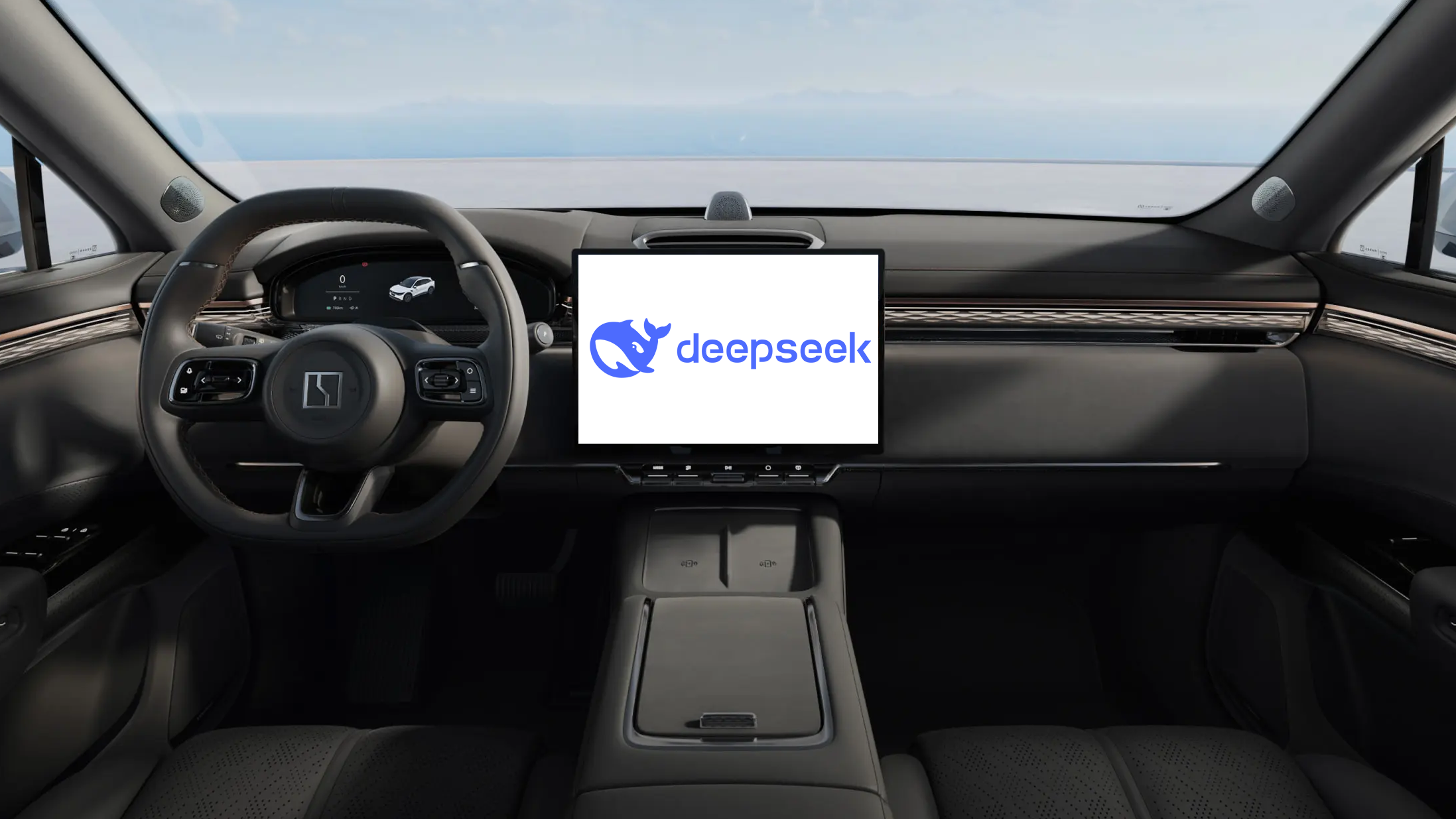
Chinese brands are already integrating DeepSeek AI capabilities into their cars mere weeks after the ChatGPT rival took the AI space by storm.
DeepSeek rose to prominence just prior to Chinese New Year, boasting equivalent performance to OpenAI’s ChatGPT but with significantly lower costs, temporarily denting US tech stocks in the process.
Currently four Chinese brands from two automakers look set to use DeepSeek’s abilities in their products with Geely Auto and Dongfeng reportedly set to add it to models from their Geely, Zeekr, M-Hero, and Voyah brands.
The speed of integration demonstrates the relentless pace of development in the market with AI voice assistant technology playing an ever more important role in buying decisions for Chinese consumers.
Many brands have already invested significant R&D funding into developing their own large language models and AI assistants, such as XPeng, Li Auto, and Chery, and the trend only looks set to continue in 2025.
In our video on the right side we demonstrate one of these systems in the Li Auto L8.
First out the blocks announcing DeepSeek integration was Geely who announced that the AI large model in the Xingrui, or Preface as it’s known in English, had already completed integration with DeepSeek.
Then, Chinese media outlet 36kr said that the Voyah Zhiyin, or Courage as it’ll be known abroad, was going to be the first production vehicle to incorporate the DeepSeek AI models into its smart cockpit.
The report added that deep integration had already taken place and that knowledge distillation training would begin on February 14.
Geely Holding Group vice president, Lin Jinwen, then announced on Weibo that Zeekr too has integrated DeepSeek’s R1 model into its cockpit voice assistant, AI Eva, with rollout due in the near future.
He explained that the integration should enable the assistant to provide more accurate answers by virtue of being able to interpret natural inputs that might not be so clear without human understanding.
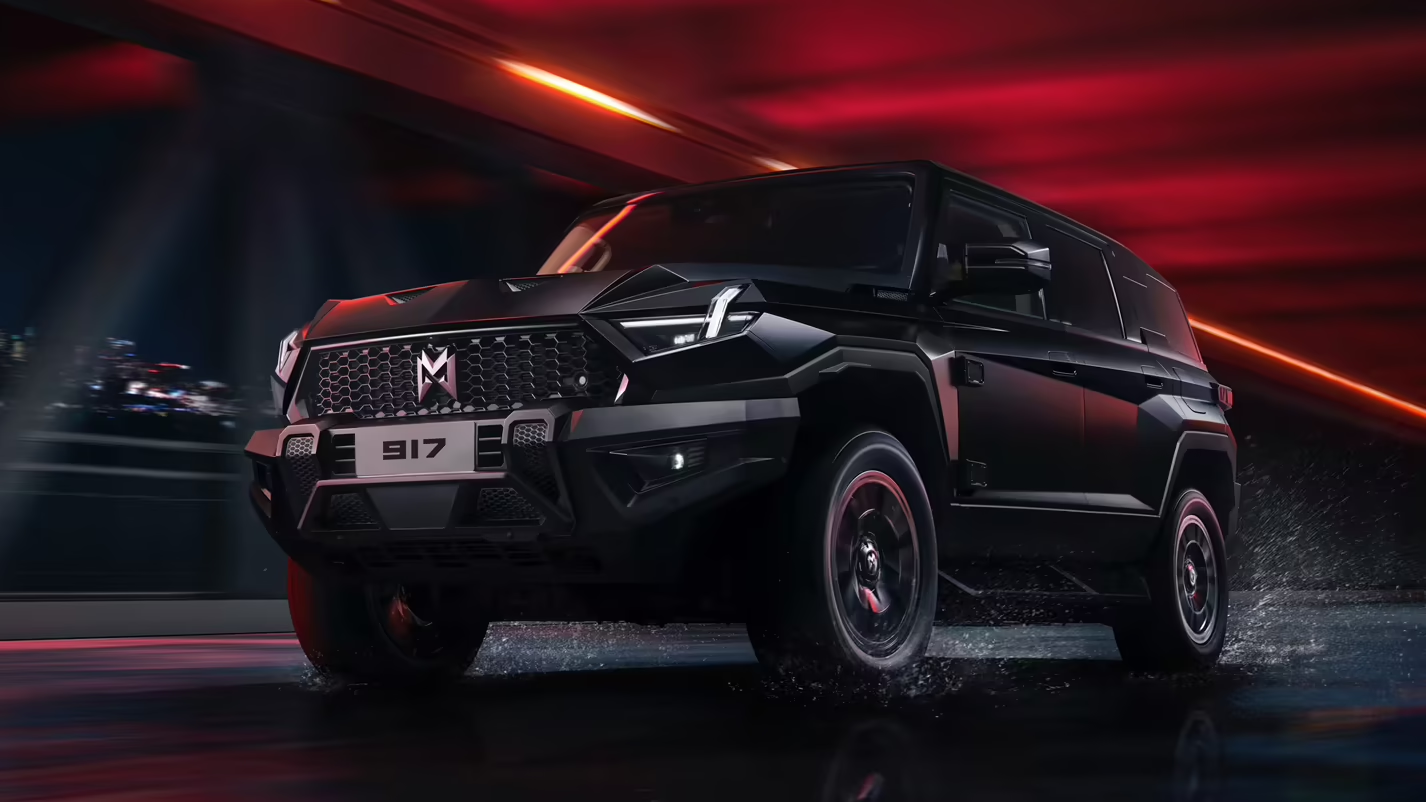
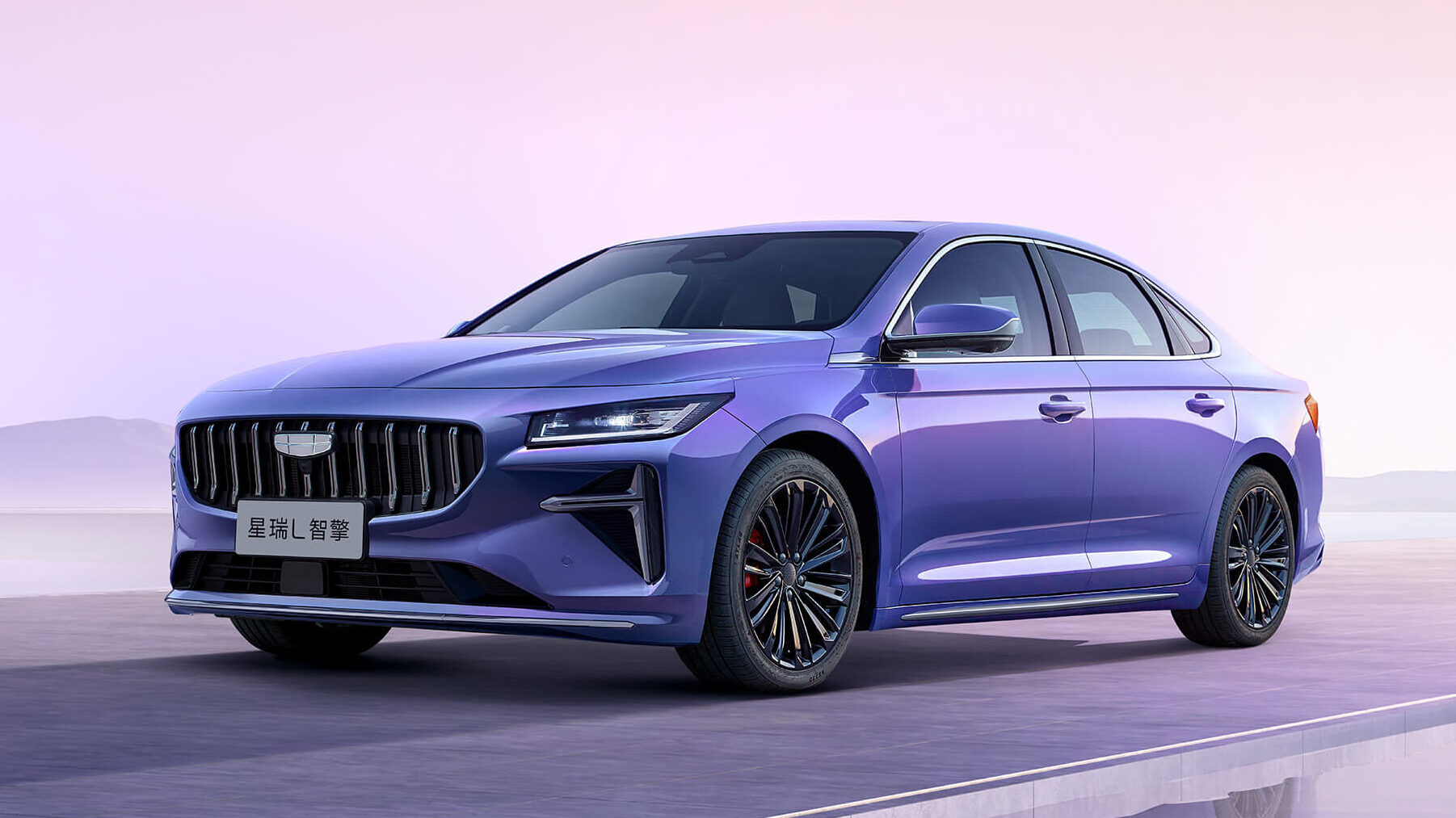
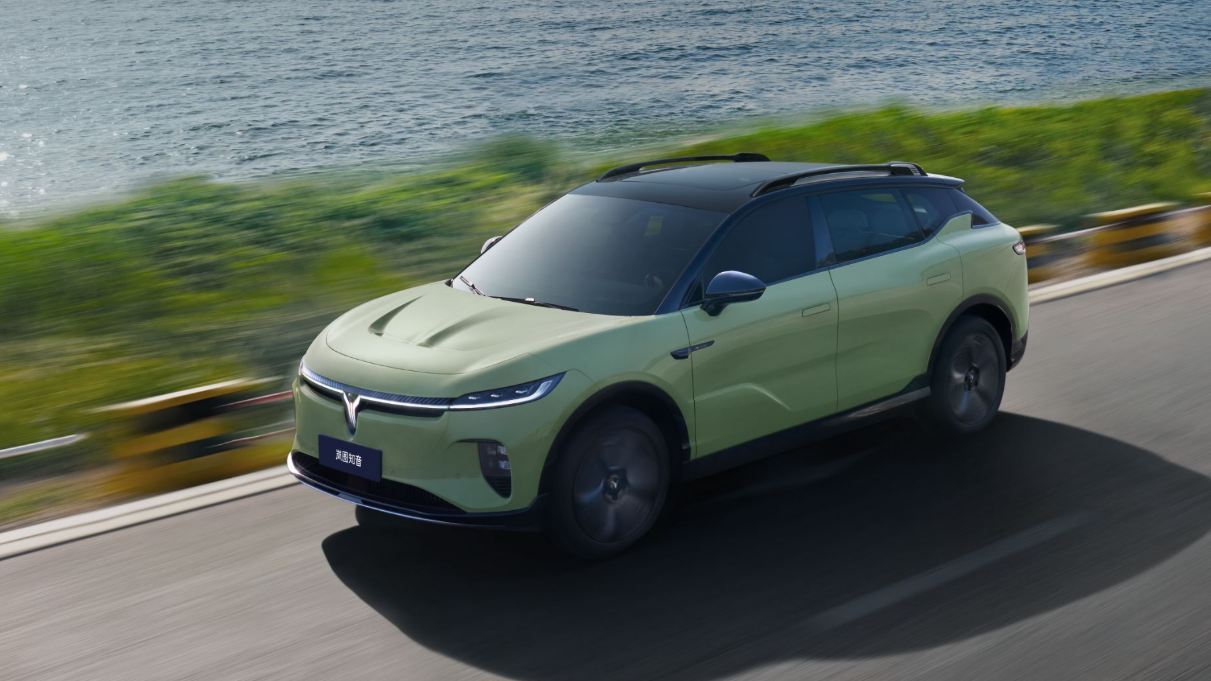
Today, Dongfeng also confirmed that sub-brand M-Hero had integrated DeepSeek R1 into its cockpit infotainment system, with customers set to get their hands on the technology via OTA update before the Shanghai motor show in April.
What’s unclear at the moment is whether the integration of DeepSeek might also unlock the ability to speak to the AI assistants in English too, since the platform currently supports English and Chinese as native languages, unblocking a pain point that many non-native users in China currently struggle with.
It remains to be seen whether the models will be hosted by the manufacturers themselves or accessible via 5G since the current DeepSeek platform can be downloaded for remote operation or used via internet connection with potential delays.
Either way, it seems that the blurring of the lines between automobiles and technology will only get murkier in the months and years to come.

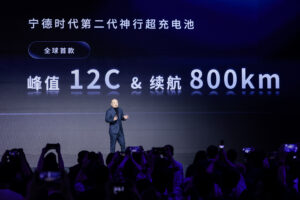

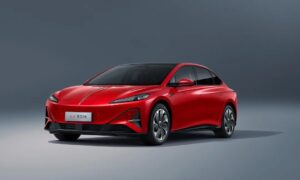
Speaking of murkier, was that fog or air pollution?
Very flat. What was the town?
That was my wife’s hometown in Winter. It’s a bit of a bowl and there’s a huge chemical plant a few kilometres away, so couple that with the extra pollution generated in winter when the heating gets turned on and it wasn’t the nicest day to film. Thankfully it’s not always like that, as my Geely Galaxy E8 video in the same city shows.